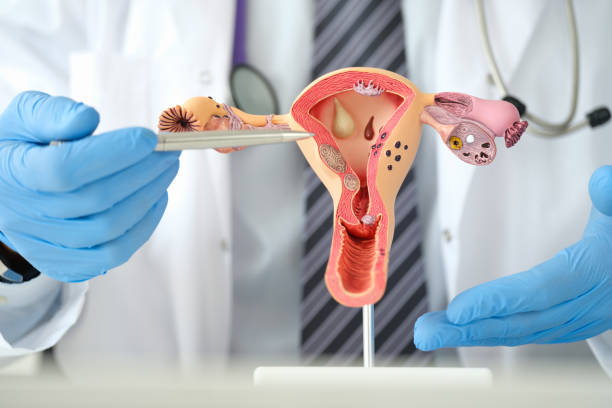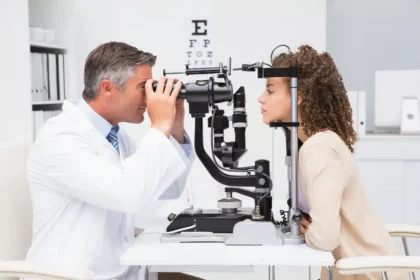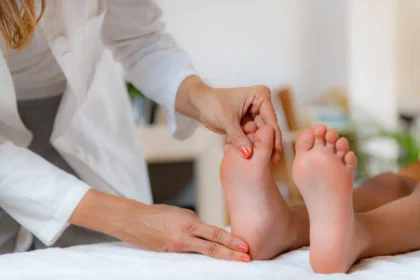Gynecological disorders are a group of conditions that affect the female reproductive system. These conditions can impact women at various stages of life, and their symptoms can range from mild to severe. Understanding these common disorders can be beneficial in managing women’s health, and regular consultation with a gynecologist can aid in an accurate diagnosis and effective care.
Endometriosis
Endometriosis is a condition where tissue similar to the lining of the uterus grows outside of it. This misplaced tissue can cause significant pain, particularly during menstrual cycles. It may also lead to challenging fertility issues for affected individuals.
When consulting a gynecologist for suspected endometriosis, symptoms like painful intercourse, heavy bleeding, and discomfort with bowel movements are typically discussed. Treatment varies based on symptom severity and personal goals. Options include pain medication, hormone therapy, or surgical procedures to remove the endometrial tissue.
Polycystic Ovary Syndrome
Polycystic Ovary Syndrome (PCOS) is a hormonal disorder that affects many women of reproductive age. It is marked by symptoms such as irregular menstrual cycles, high levels of androgen (male hormones), and small fluid-filled sacs on the ovaries. Beyond reproductive health, PCOS can also impact metabolism, increasing the risk of conditions like diabetes and heart disease. While there is no cure, effective management can help reduce symptoms.
Here are some common ways to manage PCOS:
- Lifestyle Changes: Adopting a balanced diet and regular exercise to improve metabolism and manage weight.
- Medications: Options such as birth control pills to regulate menstrual cycles or anti-androgen medications to manage hormone levels.
- Fertility Treatments: For those trying to conceive, options like ovulation-inducing medications may be recommended.
- Targeted Treatments: Skincare or treatments to address acne, excess hair growth, or hair loss.
- Regular Monitoring: Ongoing checkups to manage long-term risks like diabetes or cardiovascular conditions.
Uterine Fibroids
Uterine fibroids are noncancerous growths of the uterus that often appear during childbearing years. Many women have uterine fibroids at some point in their lives, but not all of them will experience symptoms. For those who do, symptoms can include heavy menstrual bleeding, pelvic pressure or pain, and frequent urination.
Treatment options depend on the size, location, and number of fibroids, as well as the severity of symptoms. These can range from medications that target hormones to regulate menstrual cycles to various surgical procedures. The goal of these treatments is to remove or destroy the fibroids, providing relief from symptoms.
Pelvic Inflammatory Disease
Pelvic Inflammatory Disease (PID) is an infection of the female reproductive organs. It most often occurs when sexually transmitted bacteria spread from the vagina to the uterus, fallopian tubes, or ovaries. While some individuals may not experience any signs or symptoms, those who do may include lower abdominal pain, unusual discharge, and fever. Prompt treatment with antibiotics is helpful to address the infection and prevent potential complications, such as chronic pelvic pain or difficulty conceiving.
Consult Your Gynecologist Today
Navigating symptoms related to gynecological health can be better managed with the guidance and support of a professional. Conditions like endometriosis, PCOS, uterine fibroids, and PID each have unique characteristics and require specific management approaches. Early and accurate diagnosis is key to addressing these issues effectively. If you are experiencing any concerning symptoms or have questions about your reproductive health, schedule an appointment with a gynecologist to receive an evaluation and discuss appropriate care options.









